Isabel Del Vecchio of Suisman Shapiro, who has settled many dram shop cases, said it is hard for defendants to prevail on summary judgment because determining if someone were "visibly intoxicated" at the time of sale is a question of fact.
A lawsuit seeking damages from a bar for allegedly serving alcohol to a drunk driver survived the defendants' motion for summary judgment.
What happens next though will be difficult to predict, because such litigation is highly fact-specific.
But some plaintiff attorneys say they've found tried-and-true methods to prevail.
A key factor: discovery.
'For the Jury to Decide'
The lawsuit was brought under Connecticut General Statutes §30-102, more commonly known as the Dram Shop Act. It allows a plaintiff to seek damages from a bar if alcohol is sold to a visibly intoxicated person who then harms someone.
Peter Bowman of BBB Attorneys, a personal injury attorney experienced in dram shop litigation, said the function of the law is to balance public safety and a bar's incentive to sells drinks and earn profits.
"In every case, it's a question for the jury to decide whether someone was acting appropriately," he said.
Tracy E. Salvatore, the plaintiff, alleged the defendants, Frank Cuomo and 124 Elm Street Inc., served alcohol to Cecil Clemons while he was visibly intoxicated. Clemons allegedly hit the plaintiff's car head-on while driving under the influence of alcohol.
Counsel for the plaintiff, Alphonse J. Balzano of Balzano & Tropiano, did not respond to a request for comment.
The court disagreed when the defendants argued that there was no genuine issue of material fact relating to whether Clemons was sold alcohol while drunk.
Justin R. Bengston and Cara D. Joyce of Morrison Mahoney, counsel for Cuomo and 124 Elm Street, did not respond to a request for comment.
Potential Obstacles
Isabel Del Vecchio of Suisman Shapiro is not involved in the litigation, but has settled several dram shop cases. She said it is hard for defendants to prevail on summary judgment because determining if someone was "visibly intoxicated" at the time of sale is a question of fact.
However, on the plaintiff's side, dram shop cases must be filed early and expeditiously because notice to the defendants within 120 days of the incident is required, and the statute of limitation expires one year after the occurrence, Del Vecchio said.
Sometimes, the police report does not include where the alleged perpetrator was served alcohol, and Del Vecchio said that "it's important to jump on the criminal side of things and talk to the victim's advocate, reach out to the defendant's attorney to try to get a statement from the person."
Del Vecchio said juries want to see video evidence that the person was clearly drunk, but bars don't store security footage long term, so the sooner the video is request after the incident, the more likely it is available.
"Similar to most cases, discovery is super important," Del Vecchio said. "Deposing witnesses, deposing wait staff, finding out policies and procedures for the bar … intoxication level of a person and body cam footage."
Bowman said it can be challenging to depose bar staff in an industry where staff changes happen frequently.
Since these types of cases are fact-specific, Del Vecchio said without proper discovery, it turns into a "he said, she said situation, and that's really not what you want."
Wait staff usually must receive training for intervention procedures certification to serve alcohol, which lays out for staff the signs that someone is drunk to help prevent drunk driving and further intoxication. During depositions with staff, Del Vecchio said asking questions using the TIPS certification book is a handy tool to get them to concede someone was showing the signs of intoxication.
Some attorneys have called for amendments to the Dram Shop Act, such as an increase from the damages cap of $250,000 and a way to combat too much alcohol from being served to people who do not outwardly appear to be intoxicated.
"Often people who are injured by drunk drivers or persons who are involved in bar fights and otherwise have serious injuries, in this day and age, are worth much more than $250,000," Bowman said. "Raising the amount would keep up with inflation."
Serving alcohol responsibly might seem like an inconvenience for bars, but Del Vecchio said "it's a good thing to try to keep our community safe."
Get Your Free Consultation
Get Your Free Consultation

Attorneys and paralegals are available 24 hours a day to answer questions regarding your potential case. Call (203) 562-0900 or fill out this form to reach an attorney.
Contact Us
We will get back to you as soon as possible.
Please try again later.
What Happens After I Send My Message?
Our team will review your information.
An attorney will contact you within 24 hours.
Our attorneys will make recommendations on how to proceed.
Our promise to our clients is to provide legal services with the utmost attention to detail and an unbeatable approach. Your case is our conquest, and we will do everything in our power to make things right.

Until It Stops.
Business Hours
- Monday
- -
- Tuesday
- -
- Wednesday
- -
- Thursday
- -
- Friday
- -
- Saturday
- -
- Sunday
- Appointment Only
For a Free Legal Consultation Call:
(203) 562-0900
The information on this website is for general information purposes only. Nothing on this site should be taken as legal advice for any individual case or situation. This information is not intended to create, and receipt or viewing does not constitute, an attorney-client relationship. The verdicts and settlements listed on this site are intended to be representative of cases handled byBBB Attorneys. Legal Disclaimer. Advertising Disclaimer.
All Rights Reserved | BBB Attorneys, LLC


